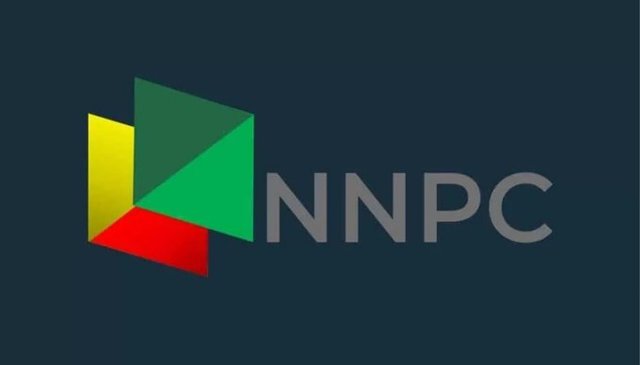A new Nigerian National Petroleum Company Limited (NNPCL) birthed yesterday replacing the defunct all encompassing Nigerian National Petroleum Corporation (NNPC).
Unveiling the company in Abuja, President Muhammadu Buhari said NNPCL is mandated by law to ensure that Nigeria’s national energy security is guaranteed.
Believed to be the largest corporate entity in Africa, the president expressed optimism that the new company will sustainably deliver value to its over 200 million shareholders and the global energy community; operate without relying on government funding and be free from institutional regulations such as the treasury single account.
“It is, therefore, my singular honour and privilege on this historic day of 19th July 2022, to unveil the NNPC Limited, with focus on becoming a dynamic global energy company of choice to deliver energy for today, for tomorrow, for the day and days after tomorrow.
“Our country places a high premium in creating the right atmosphere that supports investment and growth to boost our economy and continue to play an important role in sustaining global energy requirements.
“We are transforming our petroleum industry to strengthen its capacity and market relevance for the present and future global energy priorities,” he said.
Buhari, who is also the minister of petroleum resources, president expressed optimism that the NNPCL would conduct itself under the best international business practice in transparency, governance and commercial viability.
In his remarks, the minister of state for petroleum resources, Mr. Timipre Sylva, said the signing of the Petroleum Industry Act (PIA) provided international and local oil firms adequate protection for their investments, adding that the nation’s petroleum industry is no longer rudderless.
“From the onset of this administration, Mr. President never concealed his desire to create a more conducive environment for the growth of the oil and gas sector, and addressing legitimate grievances of communities most impacted by extractive industries.
“We are setting all these woes behind us, and a clear path for the survival and growth of our petroleum industry is now before us,’’ he said.
For his part, group chief executive officer of NNPCL, Mr. Mele Kyari said the new “NNPCL is positioned to lead Africa’s gradual transition to new energy by deepening natural gas production to create low carbon activities and positively change the story of energy poverty at home and around the world.
“We have taken a strategic initiative to achieve our mandate of ensuring energy security for our country by rolling out a comprehensive expansion plan to grow our oil retail outlets from 547 to over 1,500 within the next six months.”
The unveiling was done amidst debilitating cost of petroleum products. Petrol costs N197.00 and N200 per litre, up from N165; aviation fuel or Jet A1 and kerosene sell above N800.00 per litre while diesel, which is used by most manufacturing companies cost as much as N1000.00 per litres, depending on where it is bought.
Yesterday, some petrol marketers on Tuesday released a new price list approval for petrol to sell above N165 per litre across the regions.
According to the regional price list effective that day, the rate rose by N14 from N165 to N179/l for the southwest, south-south and southeast regions.
The price was raised to N184 in the northwest and N189 in the northeast representing a N24 increase, the highest in the new adjustment.
Petrol will now sell at N179 in the north central region.
Although the product will sell for N169 in Lagos, marketers will sell for N174 in Abuja.
There is also an upward adjustment in the ex-depot price in the Lagos axis from N148.17 to a range of N160 and N162.
Depots in Warri/Oghara have their rates adjusted to N162-N165, while Port Harcourt depots will sell for N165-167.
However, the reality is that the product is sold at whatever price the marketer deems fit, depending on the location of sale.
In many outlets in Lagos for instance, petrol sells for N200 per litre, thus exacerbating transportation costs and food items.
Meanwhile, the NNPCL said it did not direct marketers or review the ex-depot price and pump price of petrol.
Spokesman for the company, Mr. Garba Deen Muhammad, told TheCable that the oil firm does not function as a regulator and consequently does not set prices for petrol.
“The NNPC no longer approves pump price review. That is the work of the midstream and downstream authority.
“I have no idea. They are the ones that tell you what price regime the government has approved, not NNPC. NNPC has already exited all that situation. We are operating just like MTN now,” he said.




























































